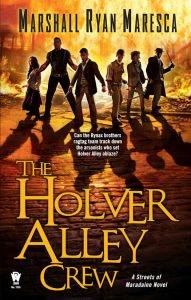My CLEVELAND CONCOCTION Schedule:
FRIDAY:
9PM What is Urban Fantasy?
SATURDAY:
1 PM Character Creation Challenge
7 PM Elevator Pitch Tutorial
10 PM Writing Fantasy Romance
---------------------------
"Everyone procrastinates sometimes, but 20 percent of people chronically avoid difficult tasks and deliberately look for distractions..." -Psychology Today
Procrastination is not something I often do. If there's work to me done, it's getting done. That said, when those times appear, those times when I just 'don't wanna,' its become apparent to me that there is more of a reason than avoidance of adult responsibility.
Sometimes, it is a need for more information. Once that hurdle is leapt, then the desire to get back on task reappears.
Sometimes, it is overwhelming. For instance, ProTools. Oh. My. God. ProTools. If you know this program, I need not say more. If you don't...the instruction manual is like reading 200 pages of stereo instructions. *headdesk* Just seeing the vastness of this dream-come-true access to such resources...it sent me straight into ripping down the wallpaper in the bathroom. I spent two weeks in that bathroom, wearing myself out physically (wallpaper removal. wall washing. wall repairing. raised stencils. painting. decorative painting. disliking and repainting. touching up. buying fabric for curtains and sewing. and so much more.) It seems it was all a subconcious plot to get me to sit for a bit every day and read in that manual, then give me something physical to do while ruminating over the information I'd just taken in. By the time the bathroom was done, my fear-induced procrastination about the program had turned into a ready-to-work attitude.
My advice: think about what is truly at the root of the procrastination. If it is just 'don't wanna' find a way to make yourself 'wanna,' such as a reward. The purpose of the reward is to keep you from producing 100 % crap work. If the reason is something else, take steps to tend to that ASAP.
Progress is active.
You may spin your wheels,
zig and zag a bit,
but eventually
you'll get the traction
and move forward!












